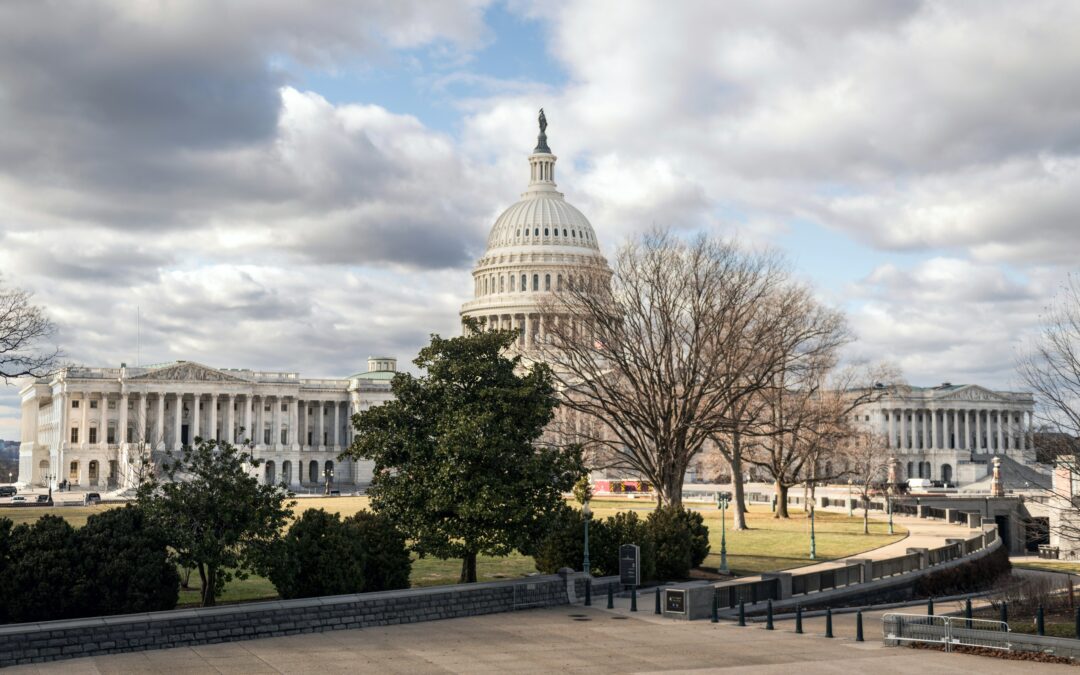Currently, under the federal Fair Labor Standards Act (“FLSA”), employers do not have to pay overtime to exempt, salaried (not paid hourly) employees earning at least $35,568 as long as their job duties meet one of the recognized exemptions (e.g., executive, administrative, outside sales, learned professionals, creative professionals, certain computer employees, or highly compensated employees).
A new rule recently announced by the U.S. Department of Labor (“USDOL”) will greatly expand the number of employees eligible for overtime. Based on the announcement by the DOL, the new annual threshold will increase as follows:
- Beginning on July 1, 2024, employers will have to pay overtime to salaried workers who earn less than $43,888 per year.
- Beginning on January 1, 2025, employers will have to pay overtime to salaried workers who earn less than $58,656 per year.
- Beginning July 1, 2027, and every three years thereafter, there will be an increase to the salary threshold applicable to the executive, administrative and professional exemptions.
This means that anyone in a company earning less than the above thresholds will be eligible for overtime after working 40 hours in a week.
Some States Have a Higher Threshold
Below are some of the states that have a threshold rate higher than the federal level.
California – Currently has a salary threshold set at $66,560 annually.
New York – The threshold varies depending on the location within the state. For example, as of January 1, 2024, employers in New York City are subject to a salary threshold of $62,400 for exempt employees.
Washington State – Washington has implemented a schedule that gradually increases the salary threshold each year. It is currently $67,724.80.
Colorado – Under the Colorado Overtime and Minimum Pay Standards Order (COMPS Order), the salary threshold is set to increase yearly. For 2024, it is set at $55,000.
Maine – The state of Maine’s threshold is currently set at $41,401.
Marzano Human Resources Consulting works with businesses to ensure they are following federal and state wage and hour laws. We put jobs through exemption testing to ensure they are properly classified as either exempt (not eligible for overtime) or non-exempt.
Reach out to us for a no-cost initial consultation.

